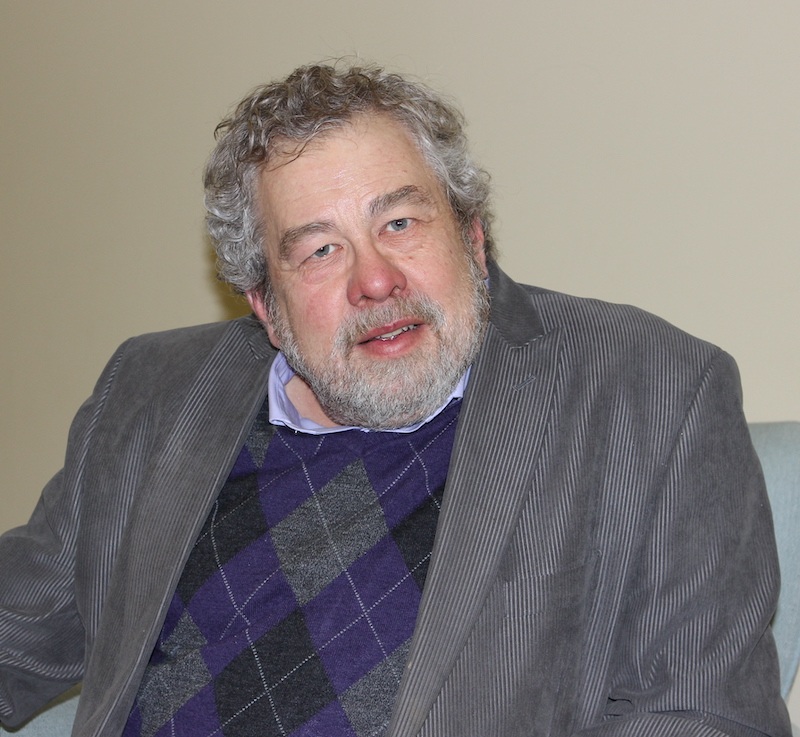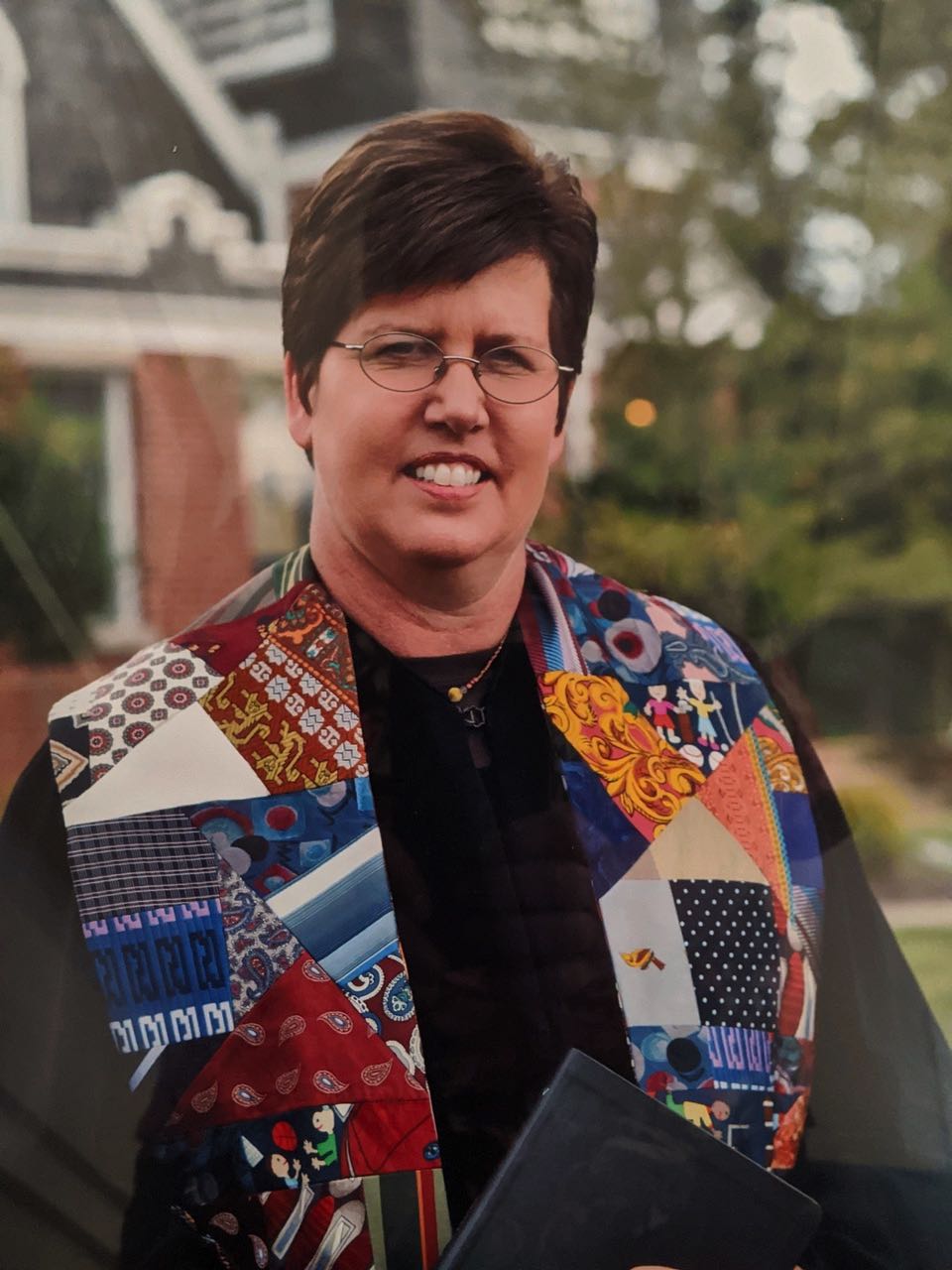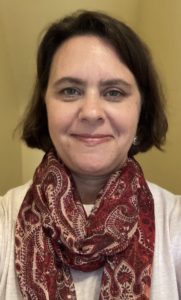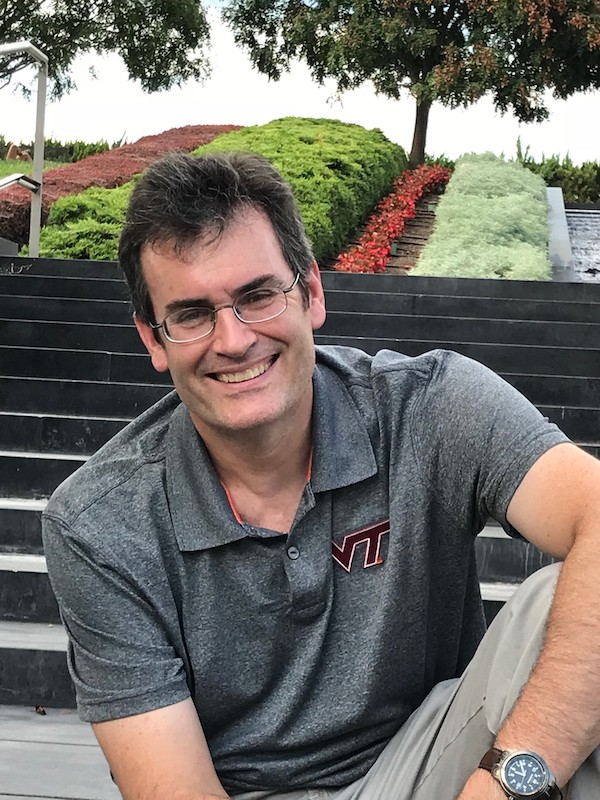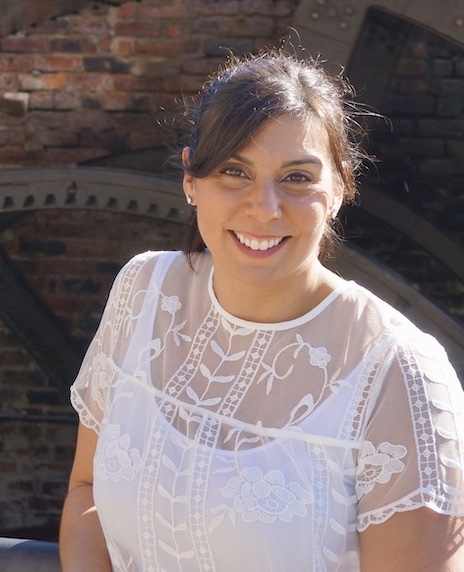Sophia Theological Seminary
a re-imagined community
What is 'Sophia'?
Sophia's Partners
We invite your support, prayers, and partnership as together we strive to produce good fruits and labor towards a harvest of righteousness.
We promise our partners that we will…
- Be wise stewards of all gifts, as we are biblically called to be, devoting donations to enable a largely self-sustaining community
- Be inclusive and collaborative
- Focus on Christ-like service to the Church in all the many ways we may be led to serve others
Sophia's Students
We promise our students a wholly-unique journey in preparing for ministry and leadership in God’s world.
We offer opportunity for education and formation without additional student debt through our commitment to the rhythm of work, study, rest, fellowship, and worship, and community life and work in the Seminary and Sophia Farms.
Sophia Farms
- providing a rhythm of life and learning within an organic system;
- utilizing production practices that are environmentally sound, that serve to improve the health of the land upon which the Farms’ crops are grown;
- creating community;
- tithing of its produce;
- with agriculture serving as a resource for God’s work in the world.
Sophia is a community created out of…
an understanding of ministry as
Transformational
Sophia Theological Seminary desires to partner with students who are called and committed to Christian ministry, students who expect their seminary experience to challenge and to change them. STS understands God to be at work in the world, transforming it, and understands this time together as a community of learning to be an experience that transforms the community as a whole and each of its members – students, faculty, staff, and partners. Thus transformed, we may, in turn, be agents of God’s transformational work in the world. STS aspires to graduate ministers who are deep-thinking, hard-working, world-changing disciples of Jesus.
a theological education that is
Affordable
The primary system of financial support for Sophia Theological Seminary is the work of Sophia Farms. Rather than contributing financially through a tuition structure, students, alongside teaching members of STS, commit themselves to working up to ten hours per week in Farm-related labor. The produce of the Farm then provides the operating budget of the Seminary. This integration of endeavors recognizes God’s first commandment to care for creation and provides a rhythm of life and learning, while creating community and serving as a resource for God’s work in the world.
a mode of teaching that is
Integrated
The mode of teaching at STS is in direct response to present realities in which most seminary curricula are segregated by discipline, relying upon student efforts to make crucial connections, and in which the church and the academy struggle with a false understanding that a boundary exists between the “academic” and the “practical.” All teaching at STS happens in seminars that are integrated across discipline and across any perceived barrier between the “academy” and the “church.”
an intent to forge partnerships that are
Collaborative
Sophia Theological Seminary is committed to partnership as a way of being God’s people and doing God’s work in the world and seeks to partner with organizations, churches, groups, and individuals who share this commitment. As articulated in our Core Values, STS understands partnership to be cross-denominational, ecumenical, and interfaith.
a financial model that is
Sustainable
The separate establishment of the Seminary and the Farm creates a financial structure and system whereby each institution is free-standing but also integrated, as the work of one enables the work of the other. In this model, the Seminary’s and the Farm’s operating expenses are financed through the proceeds of the Farm. This structure has two important features: first, it offers a measure of protection to funds invested in the Farm and, second, donations can be used, in larger measure, to enable and expand the community’s programs and initiatives.
Our Core Values
As an embodied community of learners committed to God as revealed in Jesus Christ, the Seminary assents to a set of core values, including:
- Life together in community will be marked by daily rhythms of study, worship, fellowship, and work.
- Being a community of inclusive welcome is foundational to the life, work, and self-understanding of the Seminary.
- Theological education is to be a holistic endeavor, undertaken with rigor, built upon a curriculum that is integrated across disciplines and that moves freely between “church” and “academy”.
- The community will exercise wise stewardship of capital resources, natural resources, and people.
- The community claims its heritage as little “b” baptist, understanding this heritage as historical, transcending specific denominational confines, and equally commits itself to ecumenical and interfaith work, locally and globally.
Our Students
Sophia Theological Seminary offers a single degree: a three-year Master of Divinity. The year-round academic calendar runs from June to May, and students are accepted into year cohorts of 12-15 students. The curriculum of Sophia Theological Seminary is built around two primary concepts: (1) complete integration, across discipline and across notions of “academic” and “applied” and (2) seminars sustained around a single “theme” for the semester.
We are an inclusive and collaborative community creating opportunities to integrate learning across any previous boundaries and to labor together as community within and beyond the Seminary in service to God’s creation and God’s people.
Sophia Theological Seminary invites applicants to its Master of Divinity program who evidence the call of God’s Spirit alongside the intellectual abilities, emotional capacities, and spiritual disciplines required to become responsible leaders in Christian ministry. STS is selective in its admissions standards. Due to the seminar- and research-based curriculum of the Seminary, prospective STS students must be highly self-driven, self-motivated, and capable of undertaking guided and independent research.

